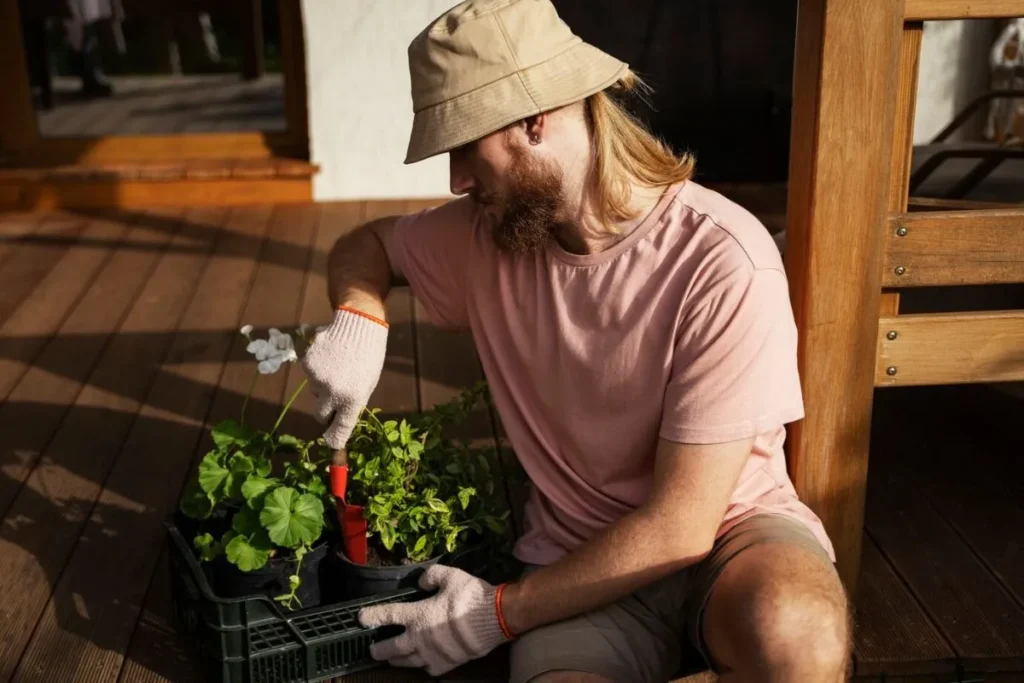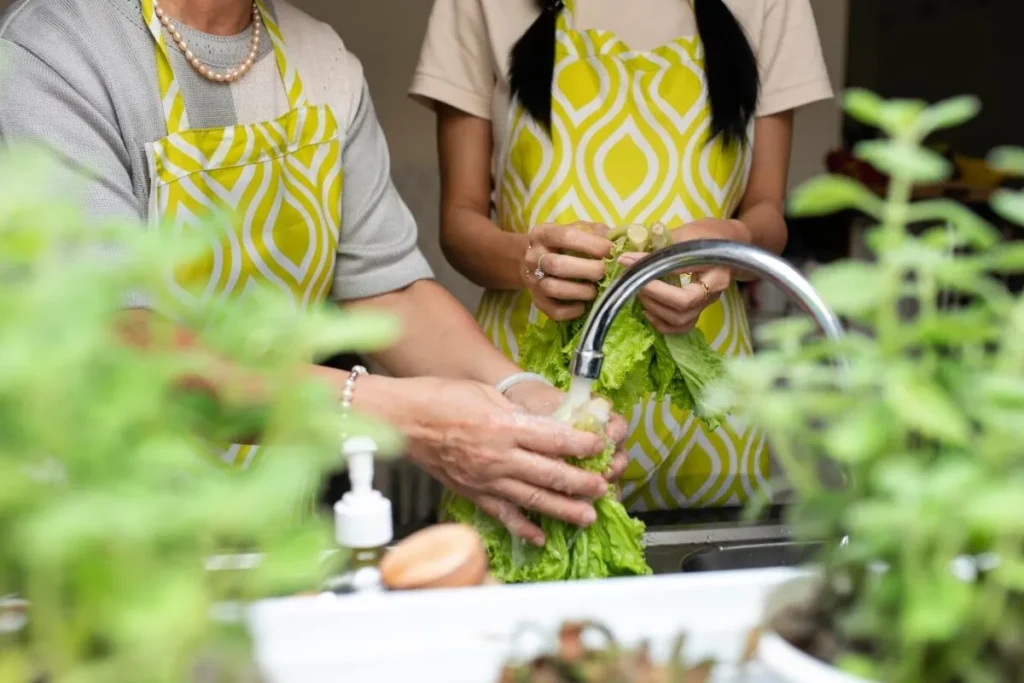Growing Edible Plants with Minimal Water Usage is becoming increasingly important in today’s world. Water scarcity challenges gardeners and farmers alike. However, advanced techniques can maximize harvest with minimal water.
Learning how to grow edible plants with minimal water usage not only supports sustainability but also conserves precious resources. This article explores various strategies and the numerous benefits of adopting water-wise gardening.
Incorporating drought-resistant crops can further enhance efficient food production. Let’s dive into the methodologies and advantages of growing edible plants with minimal water usage.
Why Focus on Water Conservation in Gardening?
Conserving water in gardening has ecological and economic benefits. Water-wise gardening ensures sustainable use of natural resources. This approach is critical in arid regions.
Traditional gardening practices often lead to water wastage. Adopting minimal water usage techniques mitigates this issue. Strategic water management contributes to more efficient food production.
Moreover, effective water conservation reduces costs. Gardeners can save on water bills. Additionally, it promotes an eco-friendly agriculture practice.
Strategies for Growing Edible Plants with Minimal Water Usage
Selecting Drought-Resistant Crops
Choosing the right crops is the first step. Drought-resistant crops thrive with limited water. These plants adapt to dry conditions naturally.
Examples include succulents and certain herbs. These require significantly less water. Additionally, native plants are often more drought-tolerant.
Here are some popular drought-resistant options:
- Cactus
- Rosemary
- Thyme
- Lavender
- Sage
Implementing Xeriscaping Principles
Xeriscaping focuses on landscaping appropriate for dry climates. This technique reduces water use. It involves selecting plants suited to the local environment.
Xeriscaping also emphasizes soil improvement. Well-aerated soil retains moisture better. Additionally, proper mulching conserves water by reducing evaporation.
Key principles of xeriscaping include:
- Efficient irrigation systems
- Soil improvement techniques
- Mulching for moisture retention
Using Efficient Irrigation Systems
Efficient irrigation plays a crucial role. Drip irrigation systems are particularly effective. These reduce water waste significantly.
Drip irrigation delivers water directly to plant roots. This minimizes evaporation. Additionally, it ensures precise watering.
Smart irrigation controllers are also beneficial. These devices adjust watering schedules based on weather conditions. Consequently, water usage is optimized.
Maximizing Harvest with Water-Saving Techniques
One integral aspect of Growing Edible Plants with Minimal Water Usage is maximizing harvest. Various techniques can help achieve this goal. One method involves proper plant spacing.
Optimal spacing prevents overcrowding. Overcrowded plants compete for water. Proper spacing ensures even distribution of water.
Additionally, using organic compost improves soil health. Healthy soil retains moisture better. Consequently, plants require less frequent watering.
Benefits of Growing Edible Plants with Minimal Water Usage
Environmental Benefits
Eco-friendly agriculture practices have numerous environmental benefits. Water-wise gardening reduces the strain on water supplies. This is crucial in drought-prone areas.
Additionally, sustainable gardening practices promote soil health. Organic composting reduces chemical use. Consequently, it enhances biodiversity.
Furthermore, conserving water contributes to reducing carbon footprints. Efficient techniques reduce the need for extensive irrigation systems. This lowers overall energy consumption.
Economic Advantages
Growing edible plants with minimal water usage has economic advantages. Reduced water bills are a notable benefit. This is especially significant for large-scale farmers.
Sustainable practices also lower maintenance costs. Less water means fewer irrigation system repairs. Additionally, organic composting reduces fertilizer expenses.
Moreover, market demand for eco-friendly products is growing. Farmers can capitalize on this trend. Consequently, sustainable practices can increase profit margins.
Personal Satisfaction
Growing edible plants sustainably offers personal satisfaction. Gardeners take pride in eco-friendly practices. This sense of achievement fosters a deeper connection to nature.
Additionally, producing one’s food is inherently rewarding. Knowing that crops are grown sustainably enhances this feeling. Consequently, it promotes a healthier lifestyle.
Moreover, water-wise gardening often sparks community interest. Sharing knowledge and produce strengthens social bonds. This cultivates a more environmentally conscious community.
Conclusion: The Future of Water-Wise Gardening
Growing edible plants with minimal water usage is crucial for a sustainable future. Strategic water conservation techniques are essential. These ensure a balance between food production and ecological health.
Adopting efficient irrigation systems, selecting drought-resistant crops, and implementing xeriscaping principles are vital. These practices maximize harvest and minimize water usage.
Ultimately, water-wise gardening offers environmental, economic, and personal benefits. It contributes to a more sustainable and eco-friendly agricultural practice. Embracing these strategies ensures a healthier planet for future generations.
Ready to transform your garden? Start implementing these water-wise strategies today. Become part of the sustainable gardening movement.
Frequently Asked Questions
Is it possible to grow a variety of vegetables with minimal water?
Yes, many vegetables can thrive with minimal water, especially if they are drought-resistant varieties. Proper techniques ensure successful growth.
What are the most efficient irrigation systems for water conservation?
Drip irrigation systems are highly efficient for water conservation. They deliver water directly to the roots, minimizing evaporation and waste.
Does xeriscaping mean limiting plant choices?
No, xeriscaping involves selecting plants suited to the local environment. It often includes a wide variety of drought-tolerant and native plants.
How does organic compost impact water conservation?
Organic compost improves soil health, which helps retain moisture. Healthier soil requires less frequent watering, thus conserving water.
What are the economic benefits of growing edible plants with minimal water usage?
Economic benefits include reduced water bills, lower maintenance costs, and potential profit increases due to market demand for eco-friendly products.



